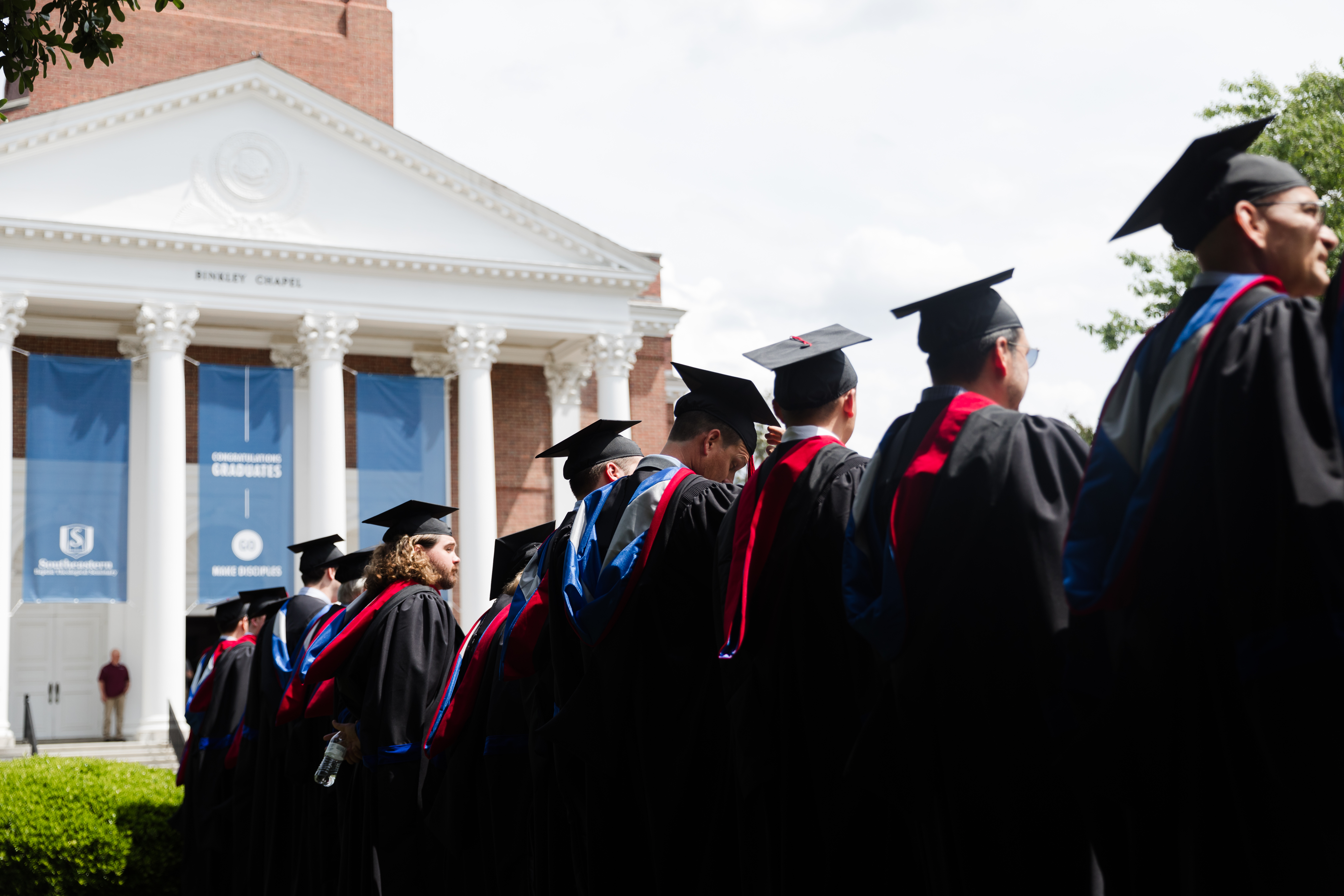All-consuming. Raucous. Rage-filled. Divisive. Whatever words you choose to describe an election year in the United States, virtually everyone recognizes the turmoil that characterizes our politics. Ironically, each election season politicians preach unity. Campaign events present candidates promising to change the country’s direction from further descent into anger, violence, and division to one of greater peaceful relationships.
Why is the country not more unified and peaceful after multiple cycles of such campaign promises? Economist Ludwig von Mises highlights a major reason for the anger and division we experience in the United States: the use of government, by both the left and the right, to force political opponents to conform with the preferred policies of those in power. Mises’s insight into this phenomenon helps Christians better apply what scripture reveals about peaceful social cooperation.
Limited Government and Social Peace
Ludwig von Mises was a Jewish Austrian economist who taught in European universities before World War Two. At the beginning of the war, he fled to America where he continued teaching. He became a leading 20th century critic of an expansive state because he appreciated free markets and had experienced fascism and communism.
Mises defined the state as “essentially an apparatus of compulsion and coercion. The characteristic feature of its activities is to compel people through the application or the threat of force to behave otherwise than they would like to behave.”[1]
Mises was no anarchist and recognized the good of government in maintaining order. Rather, Mises wanted citizens to enjoy significant liberty. He believed this liberty leads to peace in social relations by minimizing the instances in which people are forced to do what they believe to be incorrect or immoral.
Mises understood this “peace” as more than just the absence of violence. Peace includes freedom of association, especially the free market, in which individuals pursue their unique gifts and interests. Thus, peace is the absence of violence and the conditions in which people can pursue their desired ends.
Tolerance is essential to achieving this societal peace. Mises believed that “a free man must be able to endure it when his fellow men act and live otherwise than he considers proper.”[2] Attaining peace, particularly in a diverse society, requires considerable tolerance.





No comments have been added.